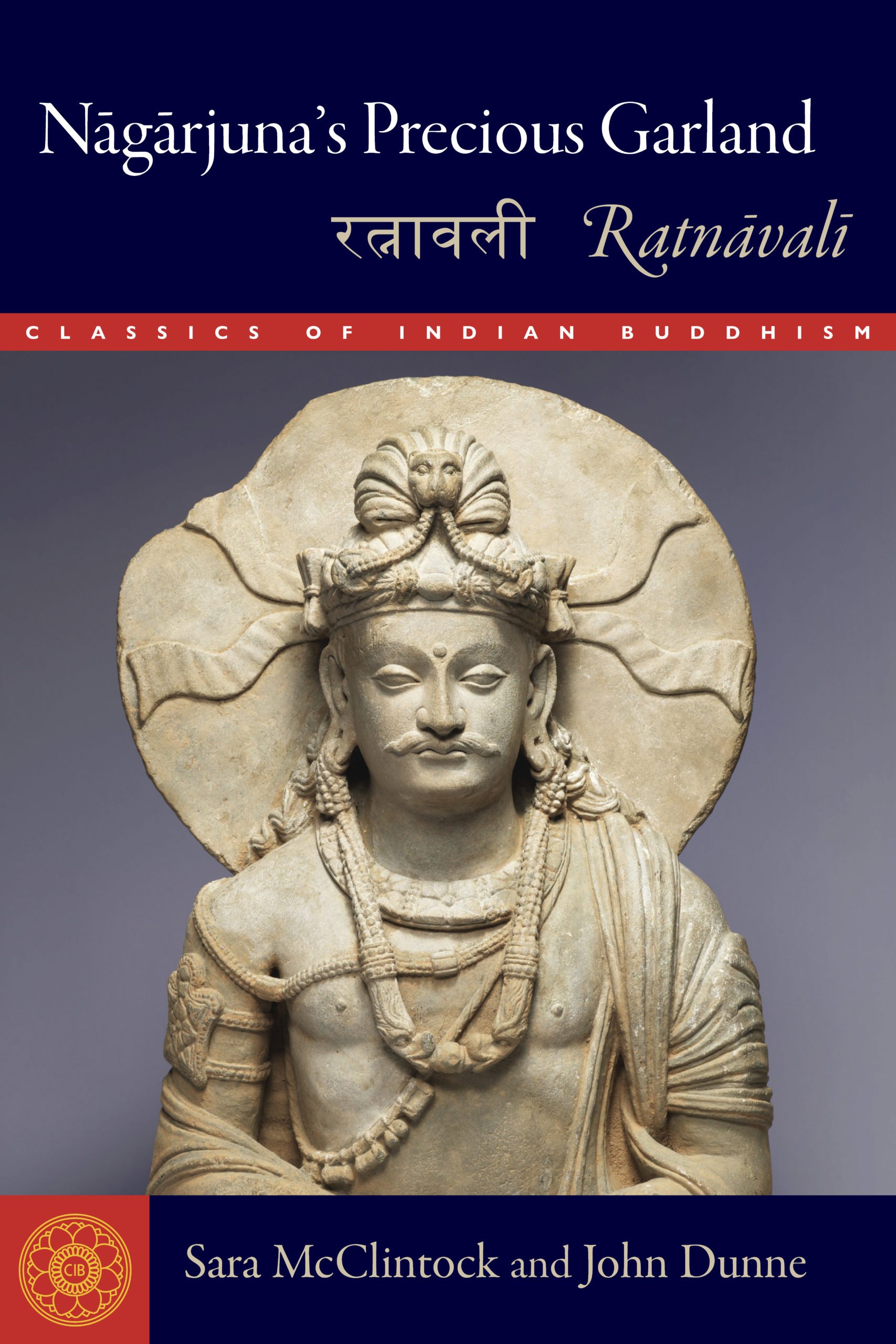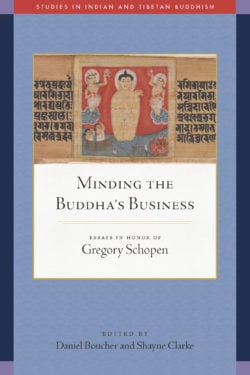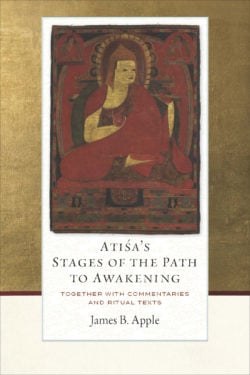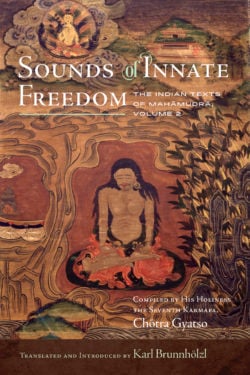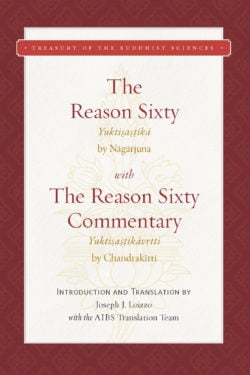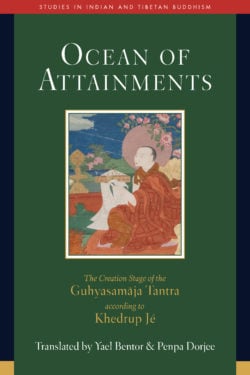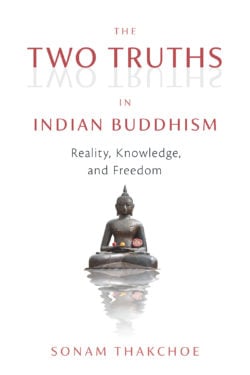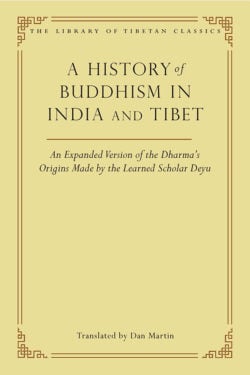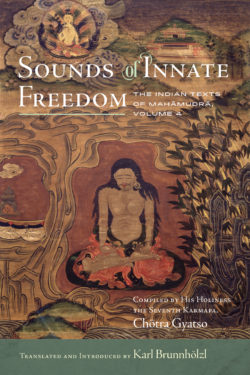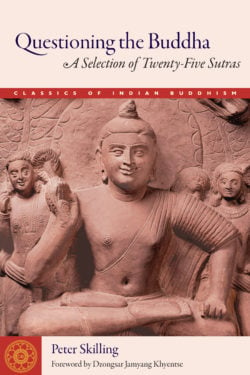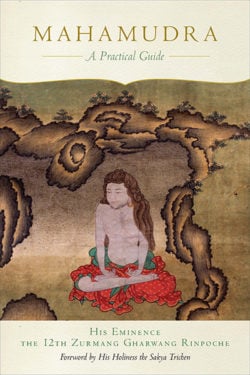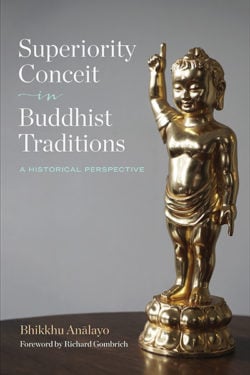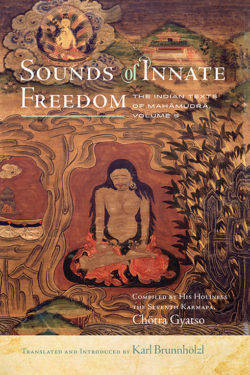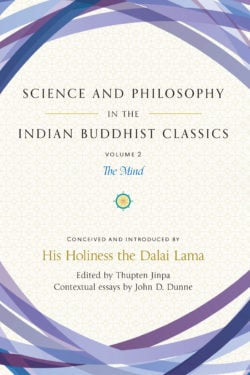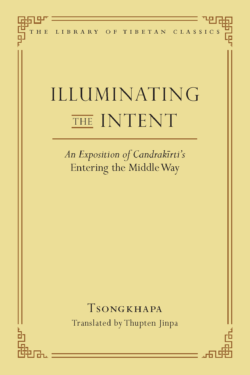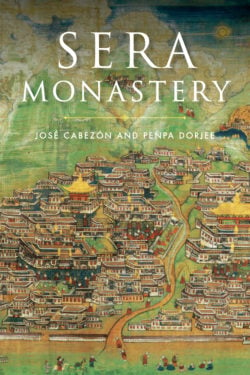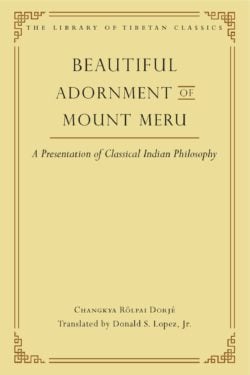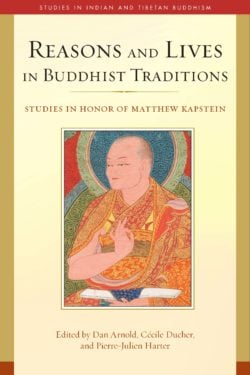“The new translation of Nāgārjuna’s Precious Garland by Sara McClintock and John Dunne is a wonderful book, with not only a new English translation but also comprehensive research on the text and the biography of the most celebrated Buddhist master Nāgārjuna that is insightful, leaving no aspect uncovered, and is certain to benefit readers and researchers. Since the treatise’s rich content addresses areas like spirituality, philosophy, and social and political governance, this book is particularly pertinent to society today.” —Geshe Ngawang Samten, former vice chancellor, Central Institute of Higher Tibetan Studies, Sarnath
“A sensitive and erudite study and translation of Nāgārjuna’s unique, Mahāyāna Buddhist philosophical approach to ethics and politics, which urges kings (and by extension those of us with kingly resources) to pursue a profoundly coordinated practice of compassion and wisdom.” —Jonathan C. Gold, author of Paving the Great Way: Vasubandhu's Unifying Buddhist Philosophy
“With their masterful translation and brilliant commentary, addressed both to academic scholars and Dharma students, McClintock and Dunne guide us through Nāgārjuna’s exploration of the bodhisattva’s life amid the complexities of our social and political worlds, inviting us to engage deeply with his poetic integration of emptiness and compassion.” —William Edelglass, director of studies, Barre Center for Buddhist Studies
“In addition to the beautiful and philosophically precise translation of the original text, McClintock and Dunne also masterfully introduce the modern reader to the structure of this ancient text and the complex philosophical arguments it makes, managing to convey at times highly specialized discussions in engaging and effortless prose. They also helpfully include both the Sanskrit and Tibetan working editions of the text. I highly recommend this translation to anyone interested in the history, philosophy, or literature of South Asian Buddhism.” —Emily McRae, Department of Philosophy, University of New Mexico
“If it’s true, as Nāgārjuna says, that ‘rare are those who speak well’ and ‘rarer those who listen,’ I am moved to consider how rare it is to hear an ancient Buddhist voice sound as vital, as urgent, and as transformatively present in English as Nāgārjuna’s does here. Sara McClintock and John Dunne have given us an unsurpassable gift—the opportunity to really listen to something truly worth hearing.” —Sonam Kachru, author of Other Lives: Mind and World in Indian Buddhism
“Nāgārjuna’s Ratnāvalī, the greatest Buddhist treatise on statecraft, is also a brilliant exposition of the deep connections between emptiness and ethical practice. McClintock and Dunne have given us a gem in this precise and readable translation adorned with helpful notes and scholarly apparatus. This will be the standard edition of this text for scholars, practitioners, and kings for a long time to come.” —Jay Garfield, author of Fundamental Wisdom of the Middle Way: Nāgārjuna’s Mūlamadhyamakakārikā
“This book is a must for everyone who is interested in understanding how one of the greatest Buddhist masters envisions the integration of wisdom, compassion, and ethical action.” —Thupten Jinpa, author of Tsongkhapa: A Buddha in the Land of Snows
“This is a major contribution to Madhyamaka studies and work of lasting value.” —Tom Tillemans, professor emeritus, University of Lausanne, and author of How Do Mādhyamikas Think?

